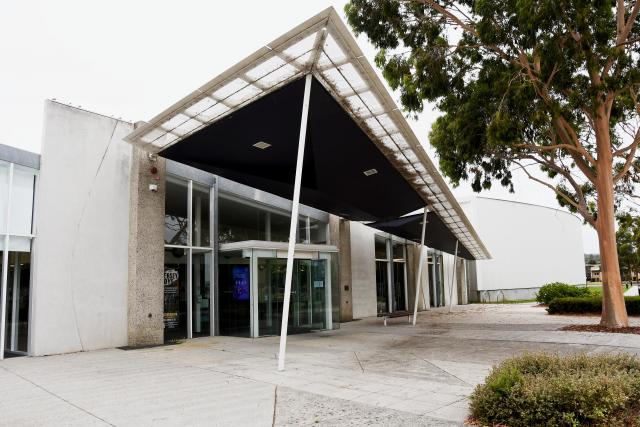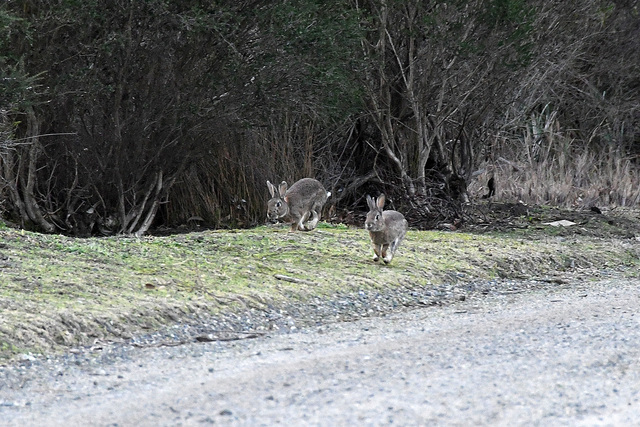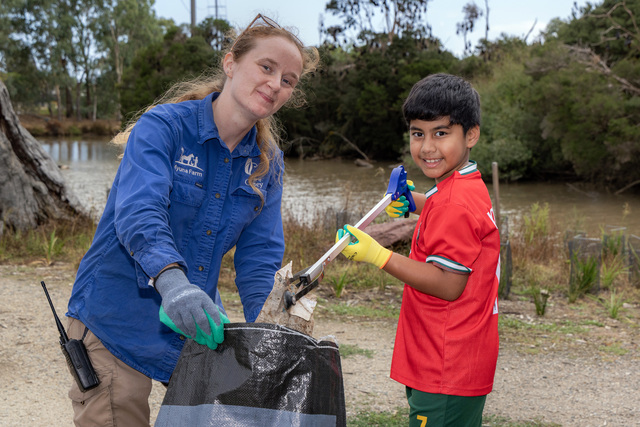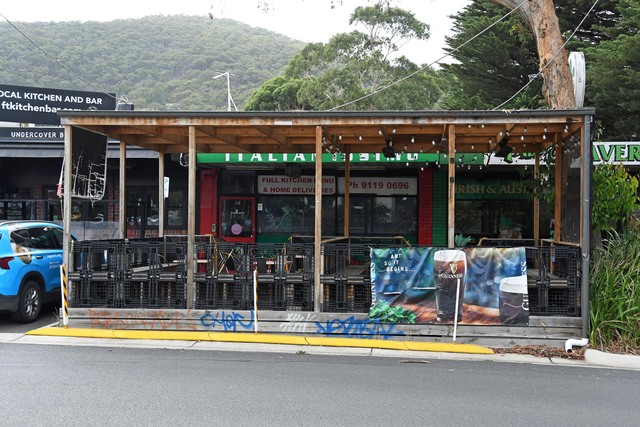By Paul Dunlop
A NEW train station for the Lakeside area of Pakenham could be the subject of a State Government investigation.
Gembrook MP Tammy Lobato last week called on Transport Minister Peter Batchelor to request the investigation.
Amid concerns about the state of public transport in the town, Ms Lobato said in State Parliament that the rapidly growing population in the southeast corridor, particularly in the Pakenham area, meant that a study assessing the viability of a Lakeside station deserved thorough scrutiny.
“I raised in this House only a few weeks ago the need for a children’s hub centre for Lakeside, given the dramatic increase in residents over a very short period,” Ms Lobato said.
“There are also numerous infrastructure projects under way, which the minister would be aware of, given his recent visit to Pakenham to turn the first sod of the Pakenham bypass.
“The minister for police and emergency services was also present at Pakenham only weeks ago to turn the first sod for the $11 million police and emergency services complex to be situated at Lakeside.”
Ms Lobato said that along with these infrastructure needs that were already being addressed, transport was another key area of concern for residents and needed to keep pace with the population increase.
“On the basis of offering environmental alternatives to motor vehicle use and to provide localised services, the concept may have merit,” she said.
“I strongly recommend that the minister take action to commence a thorough feasibility study into the viability of a Lakeside station.”
Another train station in Pakenham is a concept supported by Cardinia Shire Council. Bass MP Ken Smith also spoke in State Parliament recently about public transport in Pakenham, which he said was in an “appalling state” (News, 20 October).
Mr Smith called on Mr Batchelor to give consideration to providing people with a “decent” public transport service.
“Currently, 55 to 60 families a week move into the Cardinia Shire area young people, families and seniors who are coming to an area that has no proper public transport and they do have some expectations that public transport should be available to them,” Mr Smith said.
“They should not have to walk kilometres to go shopping, to work, to school or to visit friends and family.
“But if they do not have a car and they do not have public transport, they have to walk.”
Train station call
Digital Editions
-

Breakfast a piece of toast
**PAKENHAM’s Les Jones, a great man in every sense, is feeling a little ripped off after a recent breakfast purchase while volunteering in the off-field…















